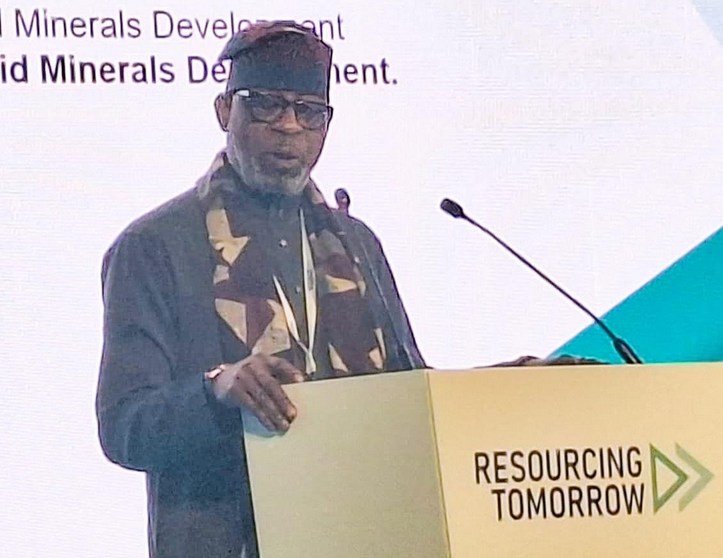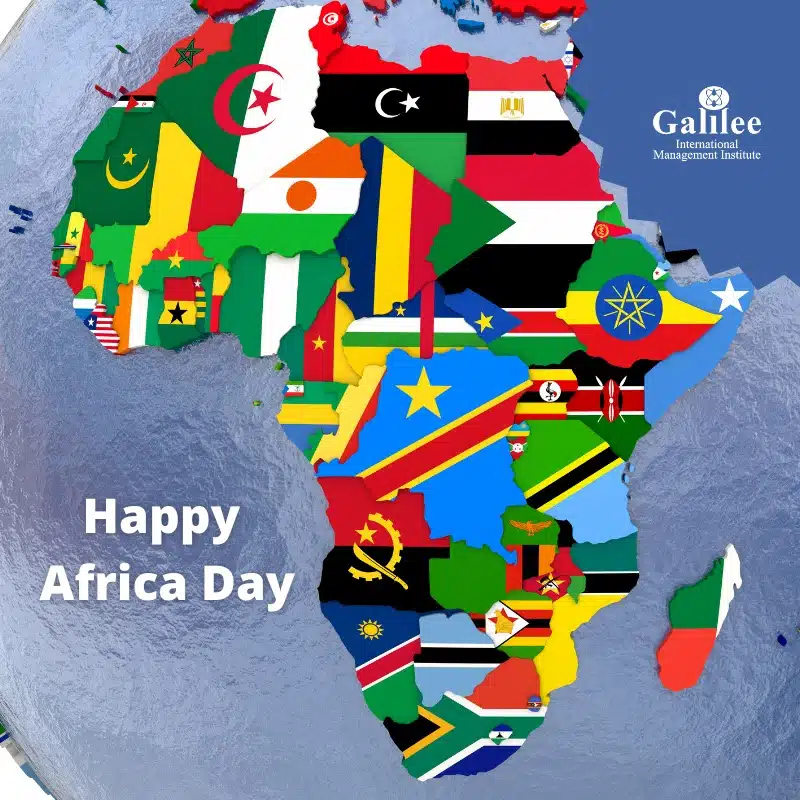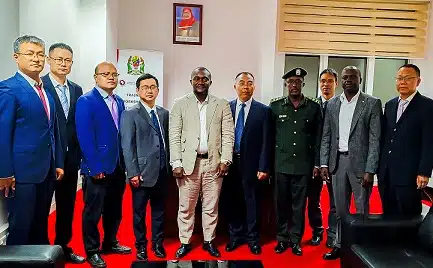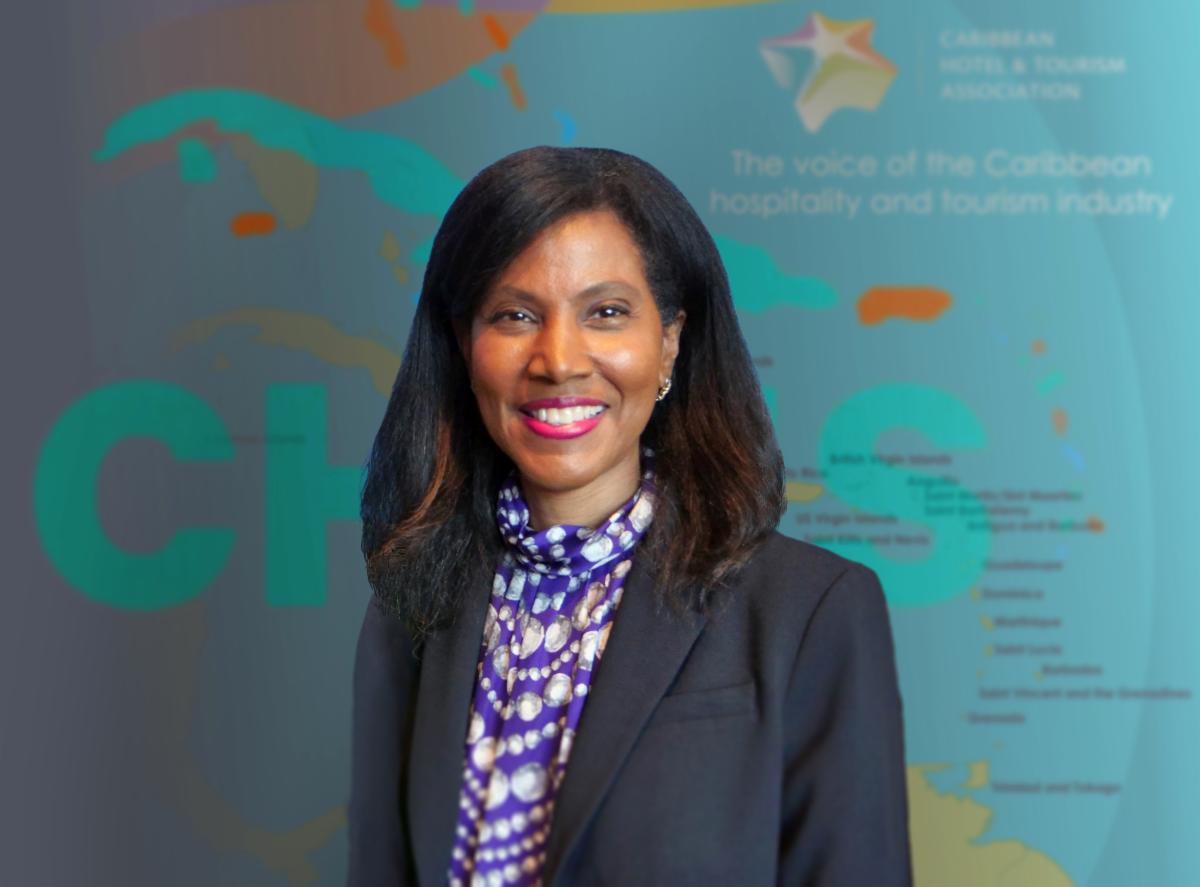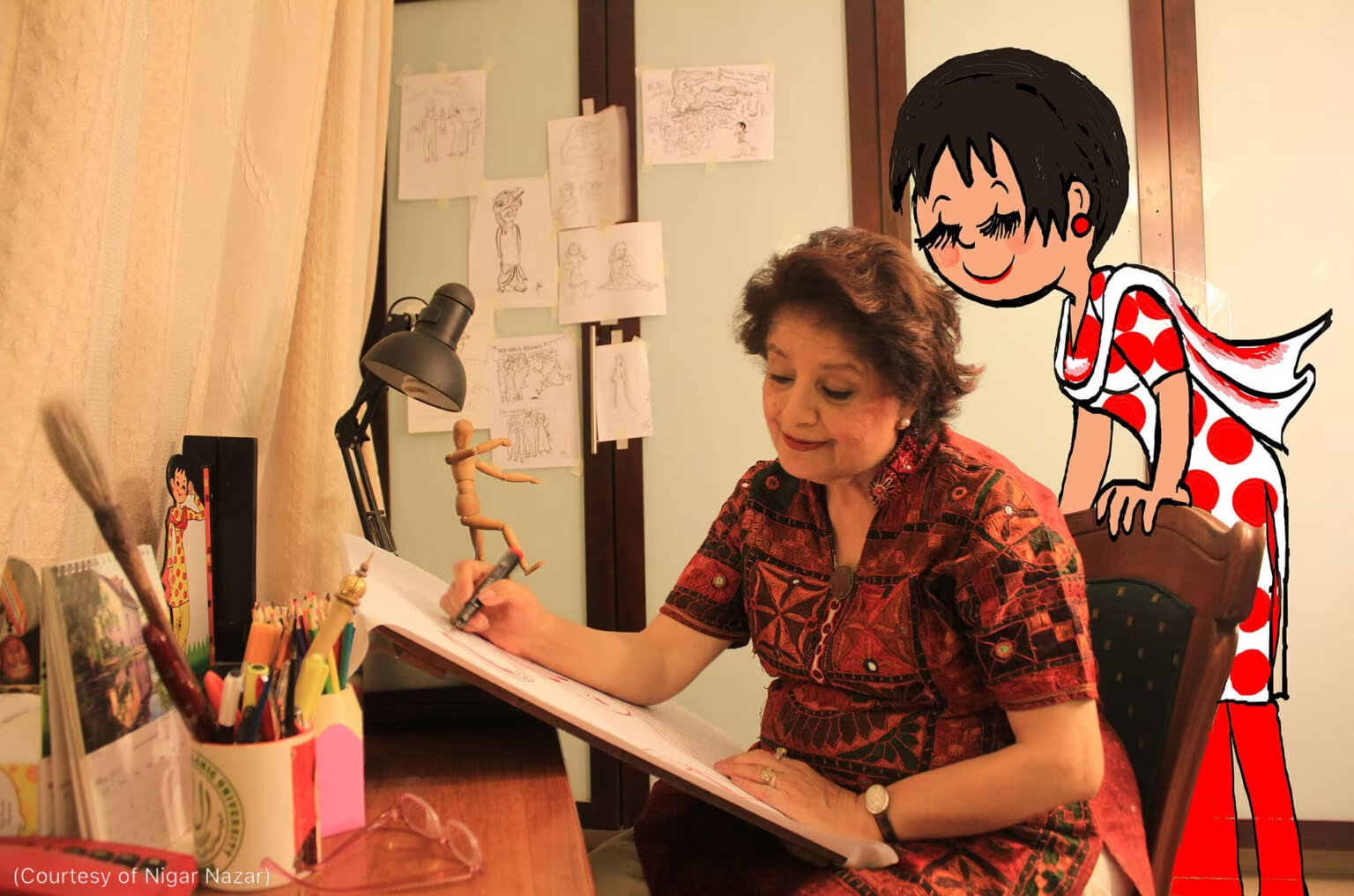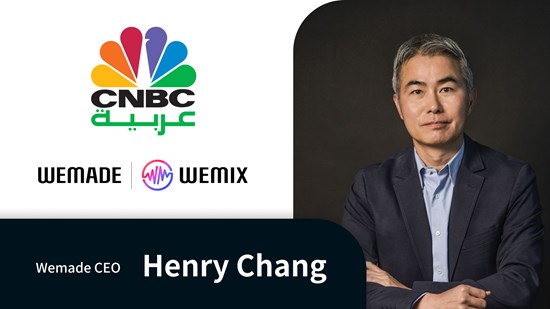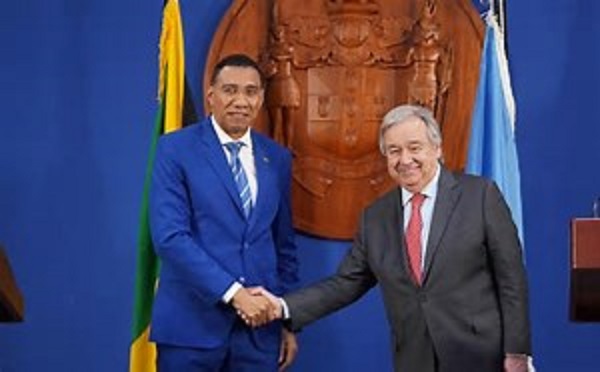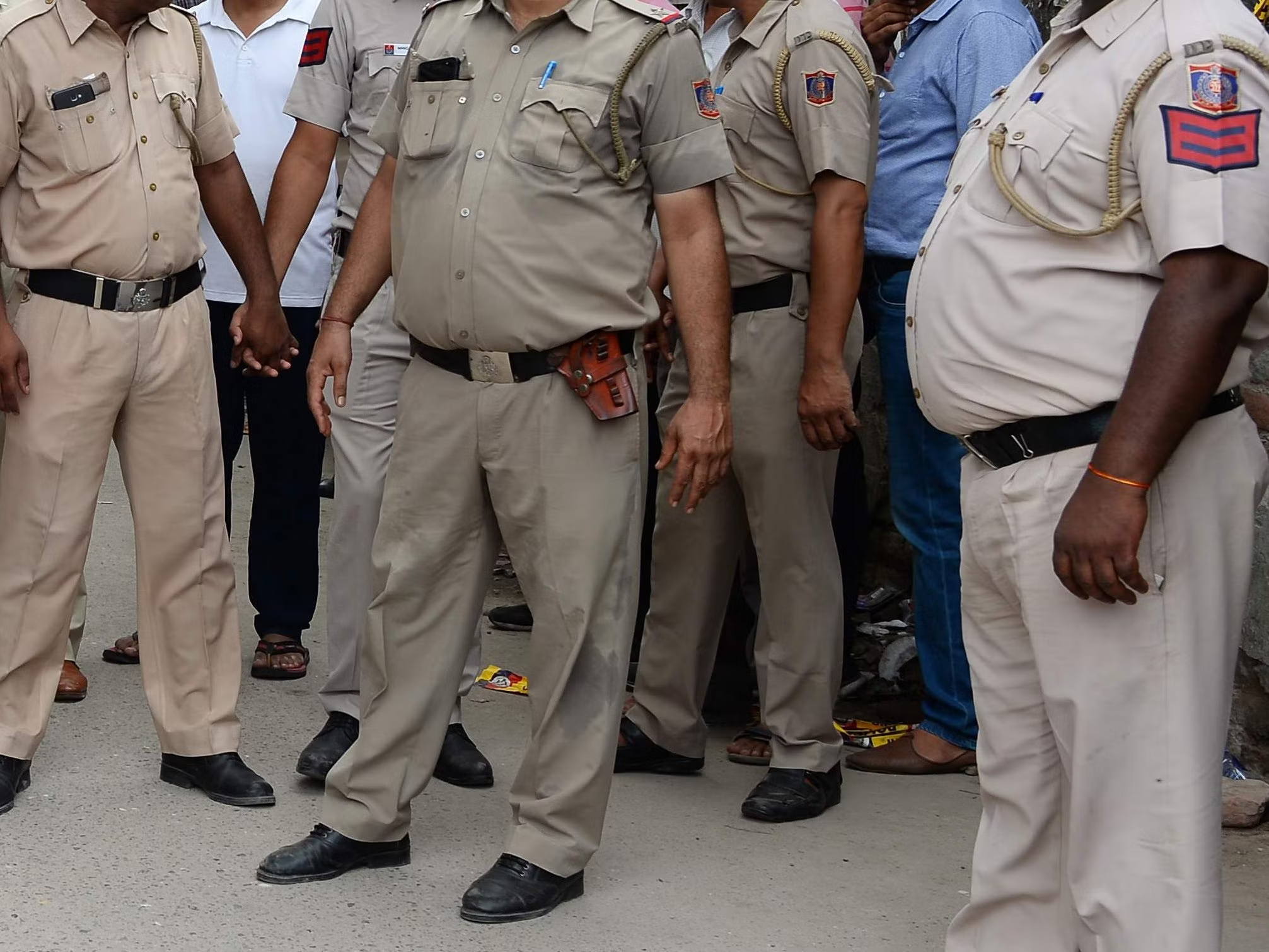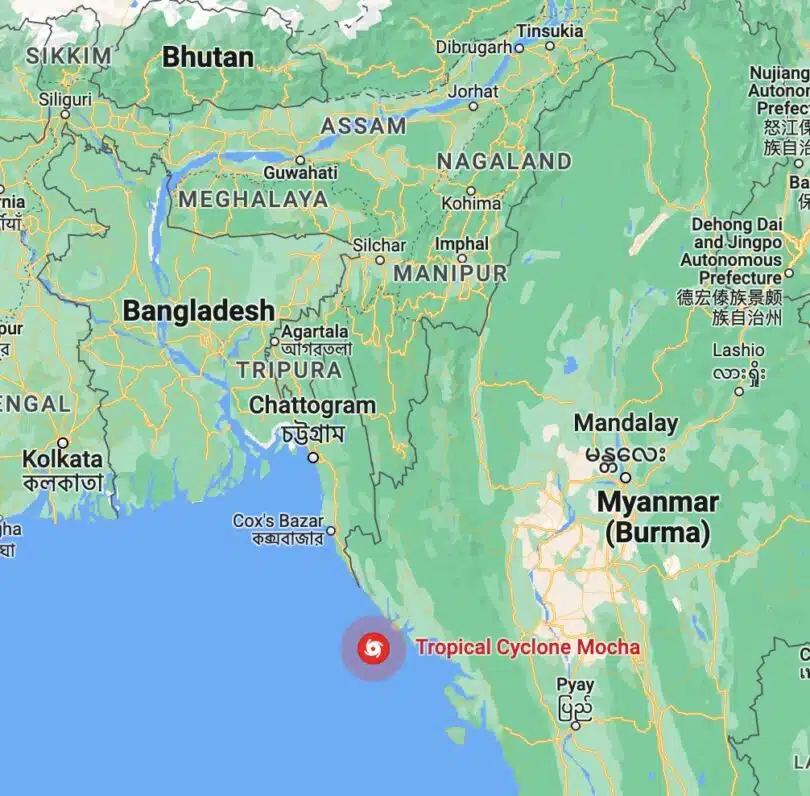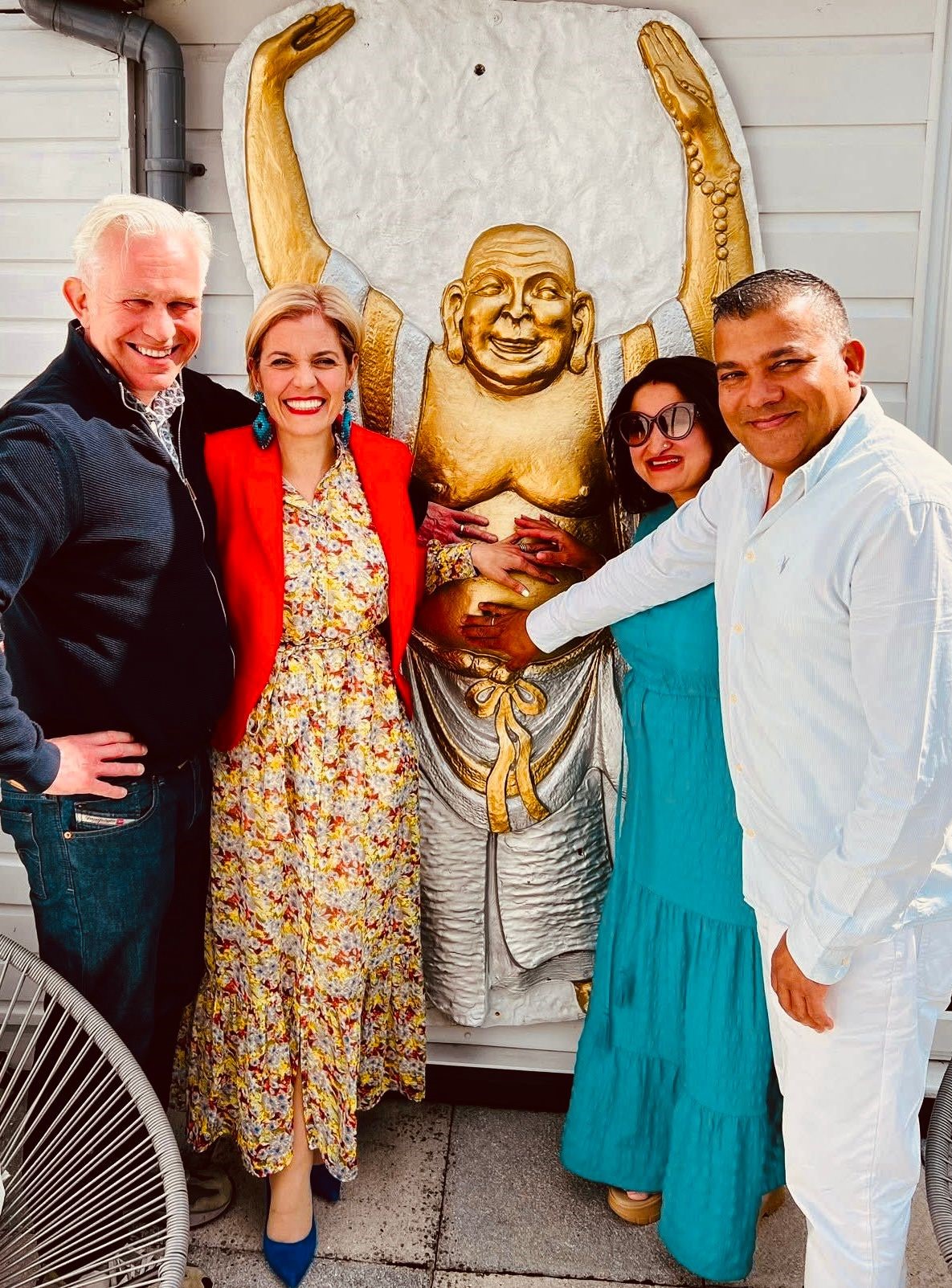Africa marks six decades of political independence
frican continent had celebrated six decades of independence under the umbrella of the African Union, with high expectations for brighter economic prosperity and tourism development. The continent had celebrated on Thursday this week 60 years of the Organisation of African Unity (OAU) and its successor, the African Union.
The 60th Anniversary celebration of AU has been observed under the theme “Our Africa, Our Future”. OAU was formed on 25 May, 1963 when 32 heads from independent African States met in Addis Ababa, Ethiopia, along with leaders from African liberation movements and created a political and economic roadmap that paved a way for Africa’s complete independence and political and economic development.


